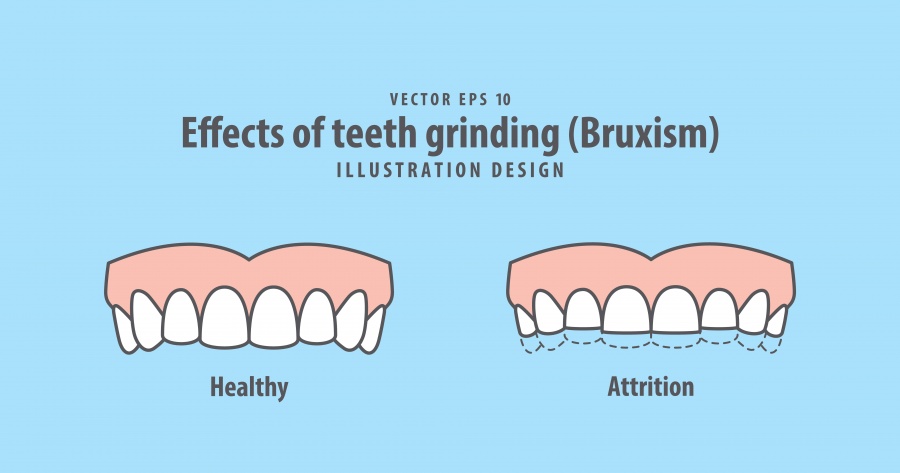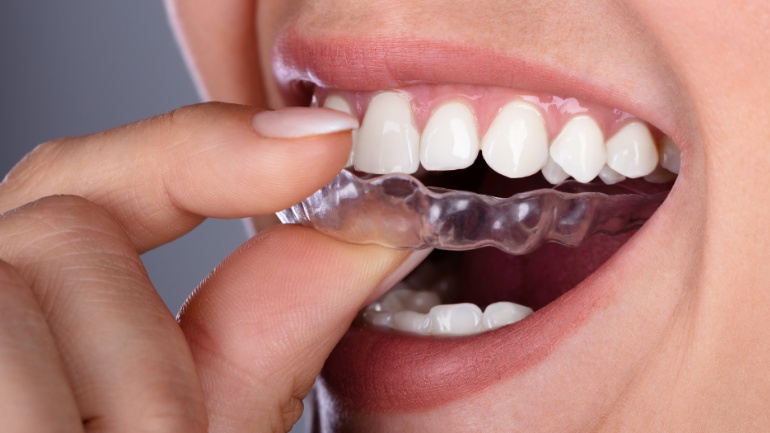
Bruxism, commonly known as teeth grinding, is a condition that has been gaining attention in the World. Recent Google data reveals a noticeable increase in searches related to Bruxism, reflecting a growing awareness and concern about this dental issue.
What is Bruxism?
Bruxism is the involuntary grinding or clenching of teeth, often occurring during sleep. It can lead to various dental problems, including tooth wear, enamel erosion, jaw pain, and headaches.
Why is Bruxism on the Rise in the World?
The rise in Bruxism-related searches may be linked to increased stress and anxiety levels, especially in the wake of the COVID-19 pandemic. Lifestyle changes, work pressures, and other factors may contribute to this condition.
Symptoms and Diagnosis
Recognising Bruxism can be challenging, as many people are unaware they grind their teeth. Common symptoms include:
- Worn tooth enamel
- Increased tooth sensitivity
- Jaw pain or tightness
- Chronic headaches
A dental examination at Smile Center Turkey® can help diagnose Bruxism and assess its severity.

Treatment Options at Smile Center Turkey®
At Smile Center Turkey®, we offer personalised treatment plans for Bruxism, including:
- Night Guards: Custom-fitted night guards to protect teeth from grinding during sleep.
- Stress Management: Counselling and relaxation techniques to reduce stress-related Bruxism.
- Dental Restoration: Repairing damaged teeth and restoring a healthy bite.
Prevention Tips
- Mindfulness Practices: Engaging in relaxation techniques can help reduce teeth grinding.
- Regular Dental Check-ups: Regular visits to Smile Center Turkey® can help monitor and manage Bruxism.
- Avoiding Hard Foods: Limiting hard or chewy foods can reduce strain on the teeth and jaw.
Conclusion
Bruxism is a growing concern in the World, as evidenced by recent search trends. Understanding the condition, recognising its symptoms, and seeking professional care at Smile Center Turkey® can help manage and prevent further complications.
At Smile Center Turkey®, we are committed to providing comprehensive dental care to our patients. If you suspect you may be suffering from Bruxism, don't hesitate to contact us for a consultation.



